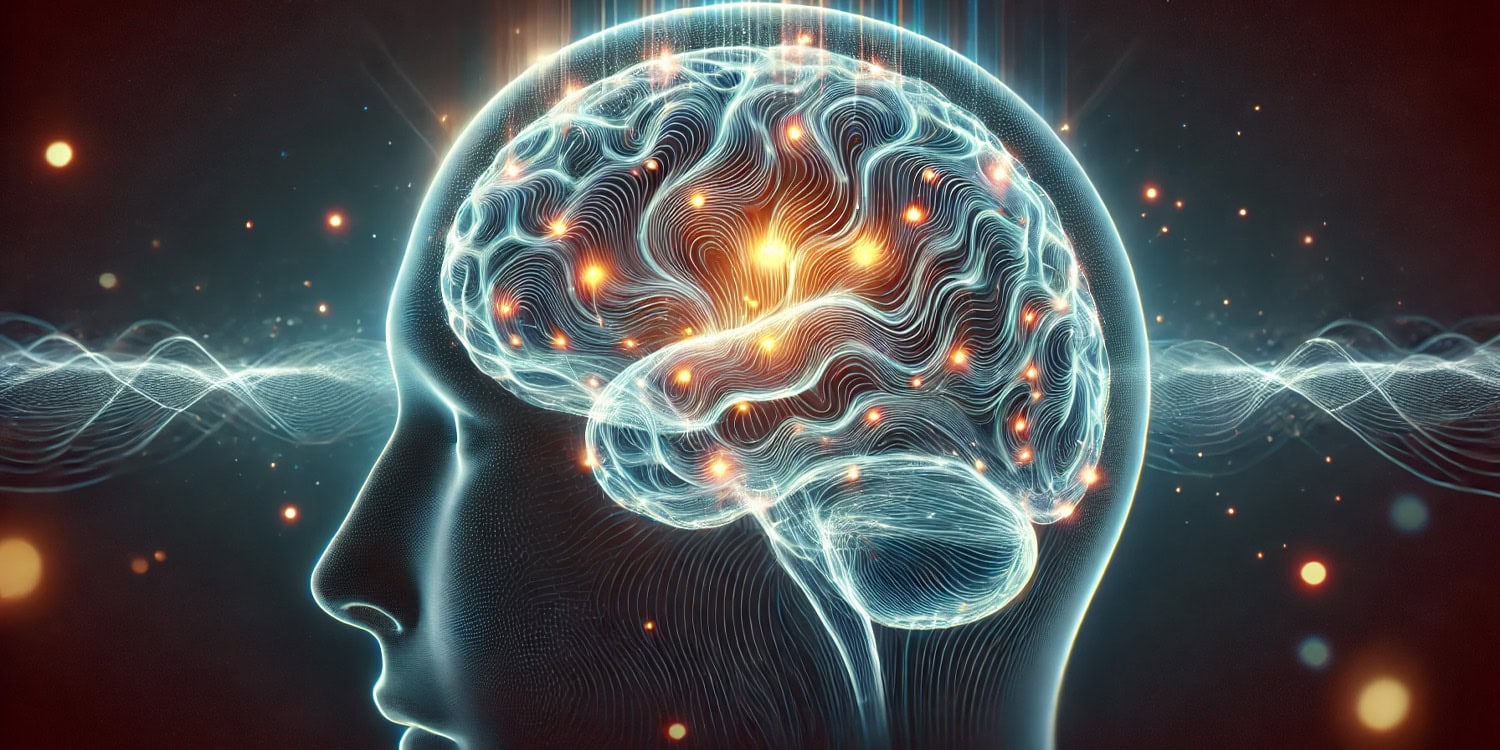A recent study published in Nature Communications sheds light on why emotional memories are often more vivid and lasting than non-emotional ones. The research reveals that certain brain activities, known as “ripples,” play an important role in enhancing the storage and recall of emotional experiences.
By examining brain waves in patients undergoing epilepsy treatment, researchers found that emotional experiences increase specific brain activity in the amygdala, which in turn triggers ripple events in the hippocampus. These ripples help replay and strengthen the memory, making it more likely to be remembered later.
“Everyone knows that emotionally charged memories tend to be more memorable, but the exact neural mechanisms behind this phenomenon remain unclear. Understanding these mechanisms could not only deepen our scientific knowledge but also offer new approaches to treating memory and emotion-related disorders, such as PTSD,” said study author Haoxin Zhang, a neuroscientist and bioengineer at the University of California, Irvine.
The researchers conducted their study with a unique group of participants: seven patients with epilepsy who were undergoing pre-surgical monitoring. These patients had electrodes implanted in their brains to help locate the source of their seizures, providing the researchers with a rare opportunity to directly record brain activity from the amygdala and hippocampus.
The experiment was designed to test how the brain responds to emotionally charged stimuli. Participants were shown a series of images that varied in emotional intensity, from neutral to highly arousing. After viewing each image, they were asked to rate its emotional content as negative, neutral, or positive.
Later, participants were shown a mix of images they had seen before along with new ones and were asked to determine whether they had seen each image previously. This setup allowed the researchers to measure how well participants remembered the images and to correlate their memory performance with the recorded brain activity.
A key aspect of the study was the focus on ripple events in the brain. These ripples, recorded in the hippocampus, are brief but significant bursts of neural activity believed to play a role in reinforcing memories shortly after they are formed. The researchers specifically looked at ripple events occurring immediately after participants viewed each image, a period they referred to as the post-encoding phase. By analyzing these ripples, they aimed to determine whether their frequency and timing could predict how well an image would be remembered later.
As expected, participants were better at remembering emotionally charged images compared to neutral ones. Importantly, the researchers also found that this enhanced memory was closely linked to ripple events in the brain. After participants viewed an emotional image, there was increased activity in the amygdala, which seemed to trigger more frequent ripple events in the hippocampus.
“I was surprised to observe ripples occurring in the hippocampus while awake, as they have been predominantly reported during sleep in animal models,” Zhang told PsyPost.
These ripples were more common following emotional images, and their presence was predictive of how well the participant would remember the image later. In other words, the more ripples that occurred after seeing an emotional image, the more likely the participant was to recall it accurately.
Additionally, the timing of these ripple events was crucial. The researchers found that ripples occurring immediately after viewing the image (during the post-encoding period) were particularly important for strengthening the memory.
The researchers also observed that the activity in the amygdala and hippocampus during these ripples was coordinated, with the amygdala’s activity slightly preceding that of the hippocampus. This coordination was more pronounced for emotional images, suggesting a close collaboration between these two brain regions in enhancing the storage of emotional memories.
“We discovered that emotional experiences lead to increased reactivation in the amygdala, which then triggers more ripple events in the hippocampus, replaying the memory and enhancing it,” Zhang explained. “This study not only uncovers a new neurobiological mechanism explaining why emotional memories are so unforgettable but also offers potential therapeutic approaches. It suggests that enhancing memory might be possible by stimulating hippocampal ripples, and conversely, disrupting these ripples could help in treating PTSD by weakening unwanted emotional memories.”
The study, “Awake ripples enhance emotional memory encoding in the human brain,” was authored by Haoxin Zhang, Ivan Skelin, Shiting Ma, Michelle Paff, Lilit Mnatsakanyan, Michael A. Yassa, Robert T. Knight, and Jack J. Lin.




